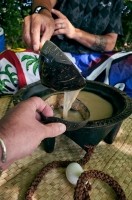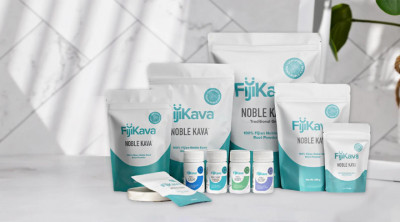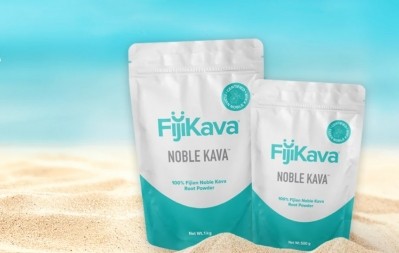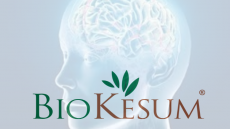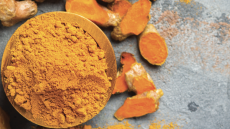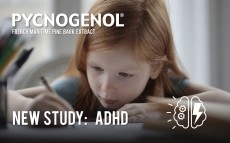Seeing kava in a new light: NZ study to explore therapeutic potential of traditional kava use in trauma
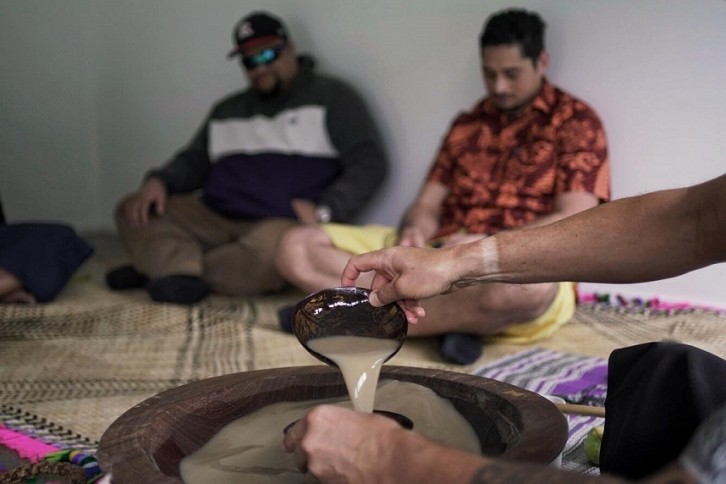
The study is undertaken by researchers from University of Waikato, New Zealand (NZ) on how kava use in the traditional kava setting could facilitate trauma therapy.
Its co-lead and Pacific health researcher Dr. Apo Aporosa told NutraIngredients-Asia that the study was designed to clinically prove the anecdotal evidence he gathered around the efficacy of traditional kava use in treating PTSD.
From his own experience and speaking with other Pacific combat veterans and first responders suffering from PTSD, drinking kava had helped them to relax, sleep better and talk about their trauma without feeling overwhelmed.
“One of the biggest problems with PTSD therapy and recovery is avoidance. For example, when a therapist asks a sufferer about the traumatic incident that led to their PTSD, recounting the event often overwhelms them, and therefore it feels safer to avoid. So, that’s the avoidance cycle PTSD sufferers often get into, and it’s this cycle that hampers therapy and recovery.
“If you drink alcohol to relax, you’ll often find that people with PTSD get very angry. Yet, it’s the opposite effect with kava. I can comfortably say that anecdotally, kava works. But we have to do the clinical trials to be able to satisfy the Eurocentric academic environment that we have the clinical evidence to back our claims.”
Study design
Dr. Aporosa highlighted three objectives of the study to 1) determine the efficacy of kava on PTSD symptoms, 2) develop a therapeutic practice manual for individual use if the efficacy is proven, and 3) translate the research findings and manual to dominant Pacific languages to “give back to the knowledge holders and those who own kava.”
Participants are selected based on their PTSD clinical diagnosis and that they are based in New Zealand. They would be randomly assigned into one of the three groups of 20.
The first treatment group would drink 3.6 litres of kava each over six hours alongside other participants in the traditional kava use space. Their kava consumption would occur during their weekly discussions, also known as talanoa, supervised by clinical psychologists over six weeks.
3.6 litres of kava contains approximately 8,000 mg of kavalactones.
Kavalactones are active properties found within the kava. Dr. Aporosa said that traditionally-prepared kava contains 20 kavalactones, while the kava tablets typically contain only 6 extracted kavalactones.
The second control group would attend their weekly discussions over six weeks similar to the first group. However, they are not consuming any kava.
The third treatment group would take a 200mg kava tablet daily and not attend any weekly discussions.
Dr. Aporosa said that the kava is sourced from Fiji.
Psychometric measurements and interviews would be conducted at baseline, once a week when the trial commences, and after the trial at the third month and sixth month. The researchers would also monitor if participants continued using kava after the trial.
The study is funded by NZ’s Health Research Council, the government agency managing investments in health research. It is planning to apply for funding in the UK and the US as well.
Dr. Aporosa said that he has been in discussions in conducting similar clinical trials with their war veterans. The end goal is to be able to “triangulate” the findings with the three countries, and draw out meaningful differences.
He hopes the results would have “some genuine influence in the healthcare policy arena.” Some examples include kava use in the traditional setting practiced in public healthcare institutions, and that persons with PTSD can access an affordable and natural product for treatment.
Education to overcome unfamiliarity
The first-line treatment for PTSD tends to be pharmacotherapy where drugs used for several psychological conditions, known as selective serotonin reuptake inhibitors (SSRIs), are being prescribed.
Dr. Aporosa clarified that traditional medicine like kava has a twofold benefit of medicinal and relational connection.
Notably, he added that education plays a key role in debunking misconceptions. One of the misconceptions being kava bars in the USA where its misconception is often fed by a lack of understanding the relational and respect-based culture of traditional kava use.
When people are familiar with the relational aspect of kava in Pacific culture, it ameliorates the palatability concern around the traditional kava drink, he said.
“We don’t need flavours; we just need education. When I teach students about traditional kava drinking, they don’t care about the taste of it, but the fact that they are relationally connecting with other students. I believe education can overcome the taste issue.
"The aesthetics of modernity, or what looks progressive, modern, and civilised, has a major influence on many people’s perceptions of traditional kava use. For example, I often see people look at us drinking kava and almost shudder, viewing our culture and practice of sitting on the floor, mixing kava by hand in a large wooden bowl, and drinking from cups made of half coconut shells as uncivilised and native, backward.
"Conversely, alcohol with its slick label and nice drinking glasses is perceived as acceptable and modern, regardless that some behave like animals when they drink alcohol, something that never happens with kava."
